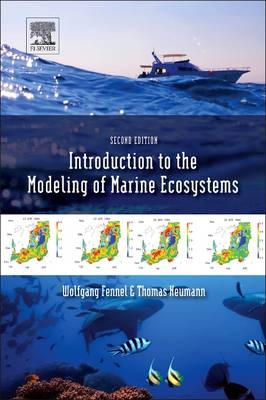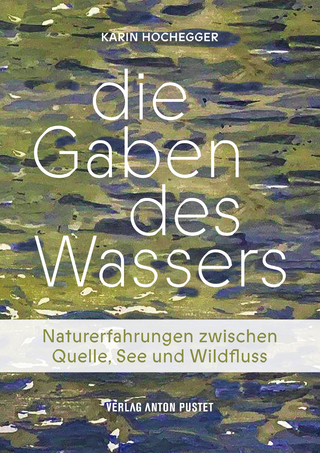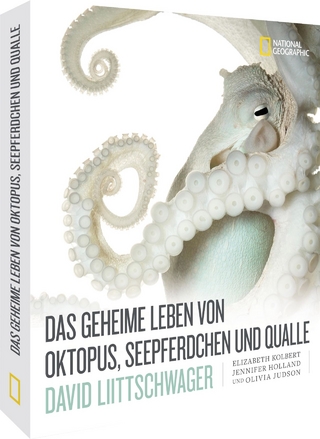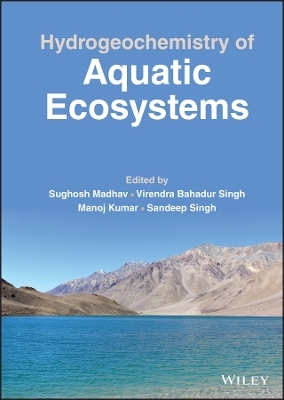
Introduction to the Modelling of Marine Ecosystems
Elsevier Science Ltd (Verlag)
978-0-444-63363-7 (ISBN)
Dr. Wolfgang Fennel is professor emeritus of physical oceanography at the University of Rostock and he was head of the section of physical oceanography of the Baltic Sea Research Institute, (IOW). His background is theoretical oceanography and he is a specialist in oceanic circulation and wave processes. He is also working on the coupling of physics and marine biology. Wolfgang Fennel was President of SCOR (2008-2012) and is now Past SCOR President until 2016. He promoted interdisciplinary co-operation. Dr. Thomas Neumann is senior scientist working in the section of physical oceanography in the Baltic Sea Research Institute, (IOW). After an initial oceanographic career in small scale processes in the sea he turned his scientific interests in the 1990ties to coupled physical and biological modeling. He is one of the leading experts in coupled physical biogeochemical models.
Preface
Preface of the First Edition
Chapter 1: Introduction
1.1 Models of marine ecosystems
1.2 Models from nutrients to fish
Chapter 2: Chemical-Biological Models
2.1 Chemical-biological processes
2.2 Simple models
2.3 Simple plankton models for the ocean
Chapter 3: More Complex Models
3.1 Competition
3.2 Several functional groups
3.3 N2 fixation
3.4 Denitrification
Chapter 4: Modelling Life Cycles of Copepods and Fish
4.1 Growth and stage duration
4.2 Stage-resolving models of copepods
4.3 Experimental simulations
4.4 A fish model
Chapter 5: Physical–Biological Interaction
5.1 Irradiance
5.2 Coastal ocean dynamics
5.3 Advection–diffusion equation
5.4 Upscaling and downscaling
5.5 Resolution of processes
Chapter 6: Coupled Models
6.1 Introduction
6.2 Regional to global models
6.3 Circulation models
6.4 Baltic sea
6.5 Description of the model system
6.6 Simulation of the annual cycle
6.7 Simulation of the decade 1980–1990
6.8 A load reduction experiment
6.9 Projection of future changes
6.10 Tracking of elements
6.11 Discussion
Chapter 7: Circulation Model, Copepods and Fish
7.1 Recruitment (Match–Mismatch)
7.2 Copepods in the baltic sea model
7.3 Three-dimensional simulations
7.4 Modelling of behavioural aspects
7.5 Fish in a three-dimensional model
7.6 Ergom: A Biogeochemical Model for Regional Seas
Chapter 8: A Brief Introduction to MATLAB
8.1 Fundamentals
8.2 Ordinary differential equations
8.3 Miscellaneous
Appendix: Content of the Booksite
Bibliography
Index
| Reihe/Serie | Elsevier Oceanography Series |
|---|---|
| Verlagsort | Oxford |
| Sprache | englisch |
| Maße | 152 x 229 mm |
| Gewicht | 550 g |
| Themenwelt | Naturwissenschaften ► Biologie ► Limnologie / Meeresbiologie |
| Naturwissenschaften ► Biologie ► Ökologie / Naturschutz | |
| ISBN-10 | 0-444-63363-4 / 0444633634 |
| ISBN-13 | 978-0-444-63363-7 / 9780444633637 |
| Zustand | Neuware |
| Haben Sie eine Frage zum Produkt? |
aus dem Bereich


